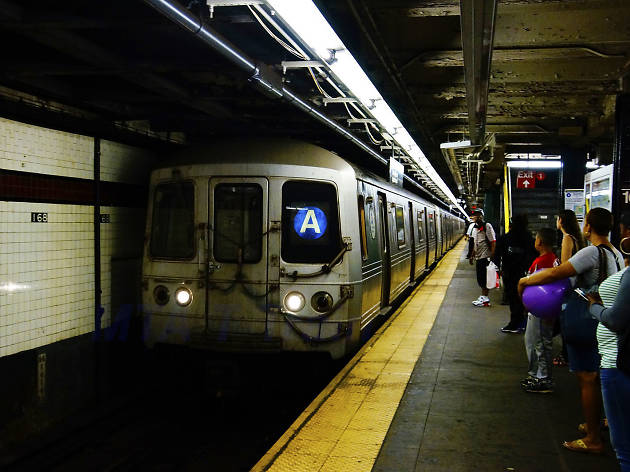Never having spent much time on public transportation before, I was thrown a little off-guard by the gender dynamics of the metro when I spent my semester abroad in Rome this past fall. I never quite knew how to respond when a chivalrous Italian man would jump up to offer me a seat, as I was clearly happy, willing and able to stand for much of my commute. Observing the tense gender dynamics and the #Metoo movement in the United States from afar, I was always suspicious of those men’s offers, especially when paired with a “prego, cara,” (“please, sweetheart,”) as they stood up and gestured towards the seat they had just emptied so gallantly for me. But most often I accepted, since sitting was always preferable to being pushed up against the door as more passengers piled on at each stop.
Usually, I accepted or denied the offer without any further fuss or drama, but it was not uncommon for my acceptance or denial to provoke a grope or a curse, respectively. Somehow it seemed that the simple act of offering up your orange plastic seat deserved some sort of reciprocation. If I denied, I got hissed and jeered at; if I accepted, my body was no longer my own. I never quite knew what would come of my acceptance or denial of the emptied seat, and would immediately feel guilty if my suspicions of bad intentions were unfulfilled. After all, most men are just trying to be nice, it’s only occasionally that my safety and bodily autonomy is threatened.
More and more often, I’m hearing an argument against the #Metoo era that some men are feeling threatened by the movement, that they are avoiding interacting with women altogether, in fear of being accused of sexual misconduct. While we could unpack this for days, I hardly want to give this argument any recognition, because it’s just too exhausting. The marginal amount of thought these men are beginning to put into how they respectfully interact with women pales enormously in comparison to the endless energy women, femmes, and the LGBTQ+ community put into avoiding getting assaulted. Not to mention all of the potentially violent interactions outside the realm of flirtation and sexual advances that so many different marginalized identities have to navigate. Just like the metro, most interactions are mostly harmless, but there is always a risk that today will be the day that my denial of an empty seat will warrant an insult, grope, jeer or assault. Yes, a lot of men have good intentions, but I have to be on the constant defensive of the handful that do not. In a study that’s quoted all too often, one-in-six women will experience an attempted or completed sexual assault in her life, and that statistic is even more grim as intersections of race, sexuality, gender identity, age and ability are taken into consideration. On the flip side, as low as 2 percent of rape allegations are false, and yet the vast majority of perpetrators will not go to prison. So I’m sorry if you’re worried about being too forward, but I’m wondering daily if I’ll be a subject of violence.
One of the first weeks I was in Rome, some friends and I went out to a club. An Italian man came up behind one of the young women in our group and began dancing on her. When the young woman in question turned around to reject his advances, he punched her in the face. Once again, while I want to believe that most of my interactions with men will be harmless, there will always be a part of me preparing for assault. Whether it was a grope on the metro or outright violence in a club, I was always too flustered to muster the mental organization to stand up for myself in Italian. But even if I had been able to speak the man’s language, I doubt it would have made any difference.



